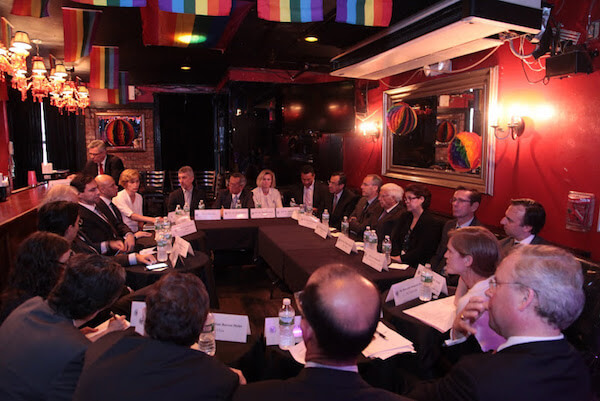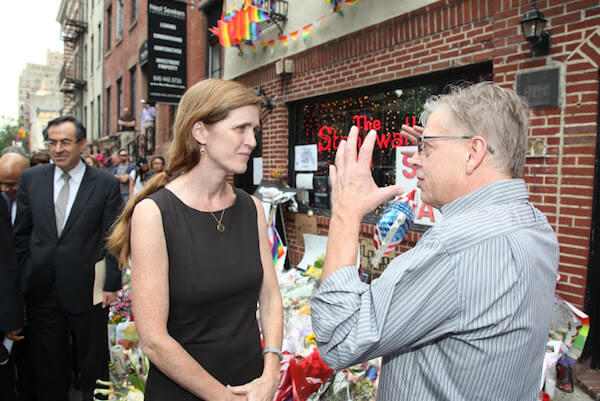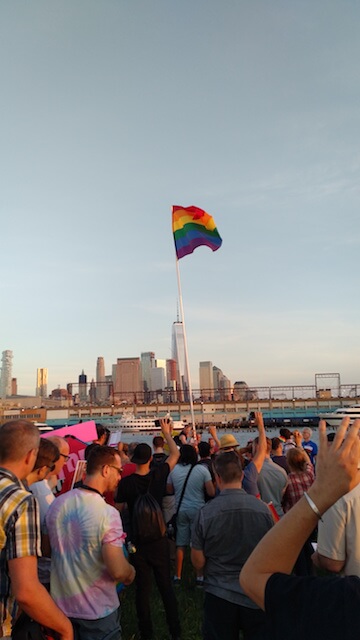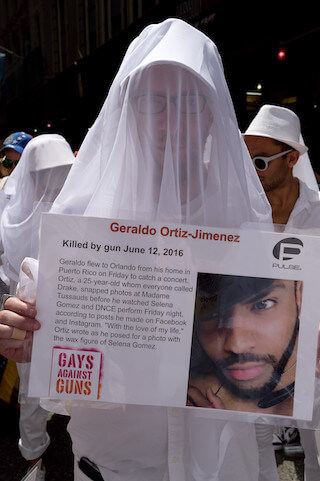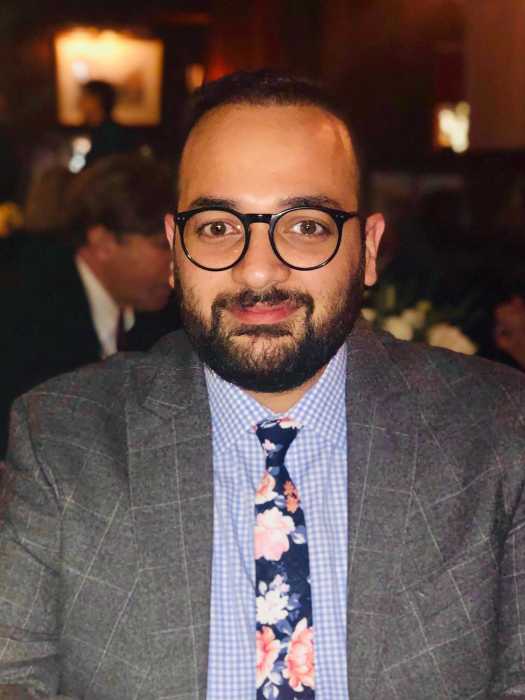Ambassador Samantha Power outside the Stonewall. | COURTESY: US DEPARTMENT OF STATE
Ambassadors and other representatives from 16 nations, the European Union, and the United Nations joined Samantha Power, the US ambassador to the UN, for a special roundtable at the Stonewall Inn on June 16. The visit’s purpose was to reflect on both the tragic events in Orlando four days before and also the impact of the 1969 Rebellion in the West Village on the US and global LGBT rights movements.
Power examines a NYPD notice from the pre-Stonewall days. | COURTESY: US DEPARTMENT STATE.
In remarks addressed to Tree Sequoia, the Stonewall host who greeted the dignitaries, Power said, “We couldn’t think of a more symbolic place a few days after the monstrous attacks in Orlando to come than this one, because what you described back in 1969 was people who didn’t feel safe, weren’t safe loving who they loved and being who they were, and viewing Stonewall as a refuge. And when you think about what happened at the Pulse in Orlando, these were people who felt completely safe… People were feeling safe; they were feeling secure, and then that sense of security was completely shattered.”
Tree Sequoia greets Ambassador Power. | COURTESY: US DEPARTMENT OF STATE
Power went on to note that elsewhere in the world, “not only is being LGBT criminalized — in some countries, there’s even the death penalty that can be imposed just if you’re a man loving a man, if you’re a woman loving a woman — but vigilante violence that is not contested by the state is something that is extremely prevalent. And so we’ve seen in so many parts of the world people being targeted just because of who they love. And this is a group that wants to change that.”
Tree, whose role at Stonewall dates back decades and who now lectures on the era before the Rebellion at high schools, noted that prior to his 2010 death, the inspector responsible for the June 1969 raid, Seymour Pine, apologized publicly to the gay community.
Representatives of more than a dozen countries discuss the impact of Stonewall on LGBT rights worldwide. | COURTESY: US DEPARTMENT OF STATE
Nations joining the US, the European Union, and the UN at the Stonewall gathering included Argentina, Brazil, Chile, Colombia, Croatia, Ecuador, El Salvador, France, Israel, Japan, Montenegro, the Netherlands, New Zealand, Norway, the United Kingdom, and Uruguay. Officials from OutRight Action International and Human Rights Watch were also on hand.

